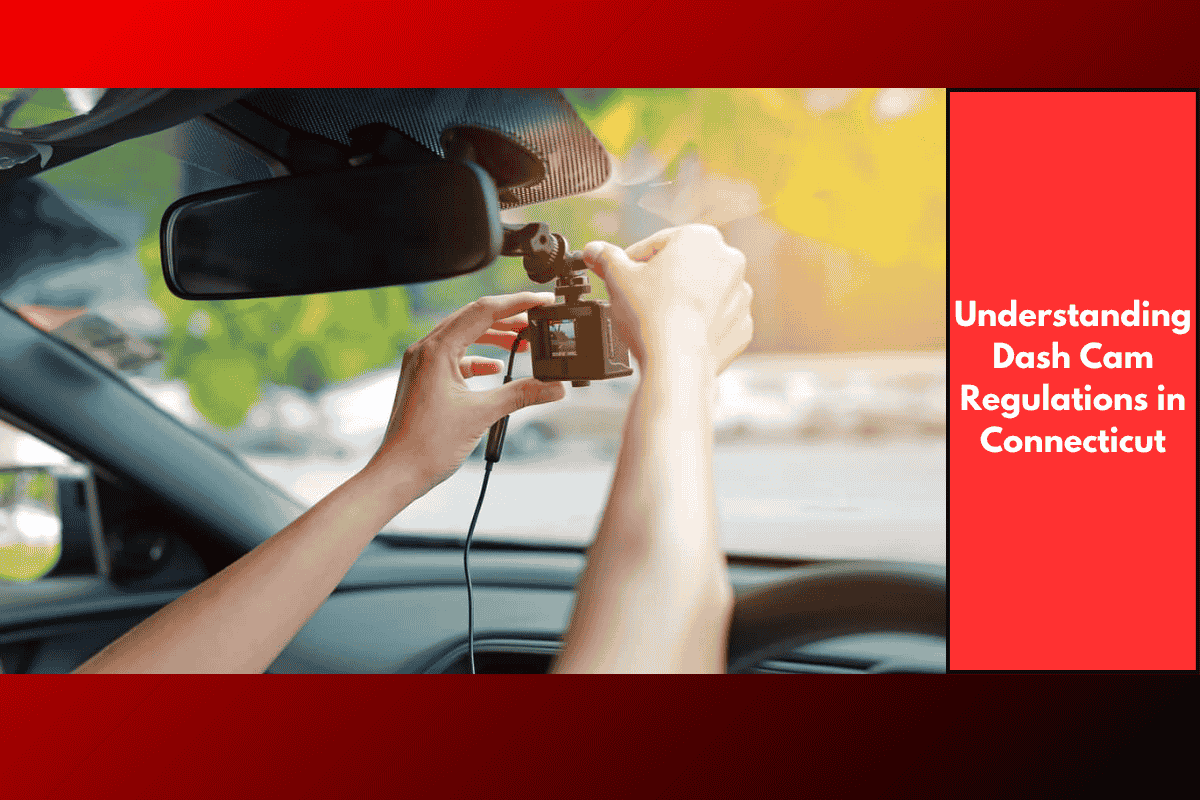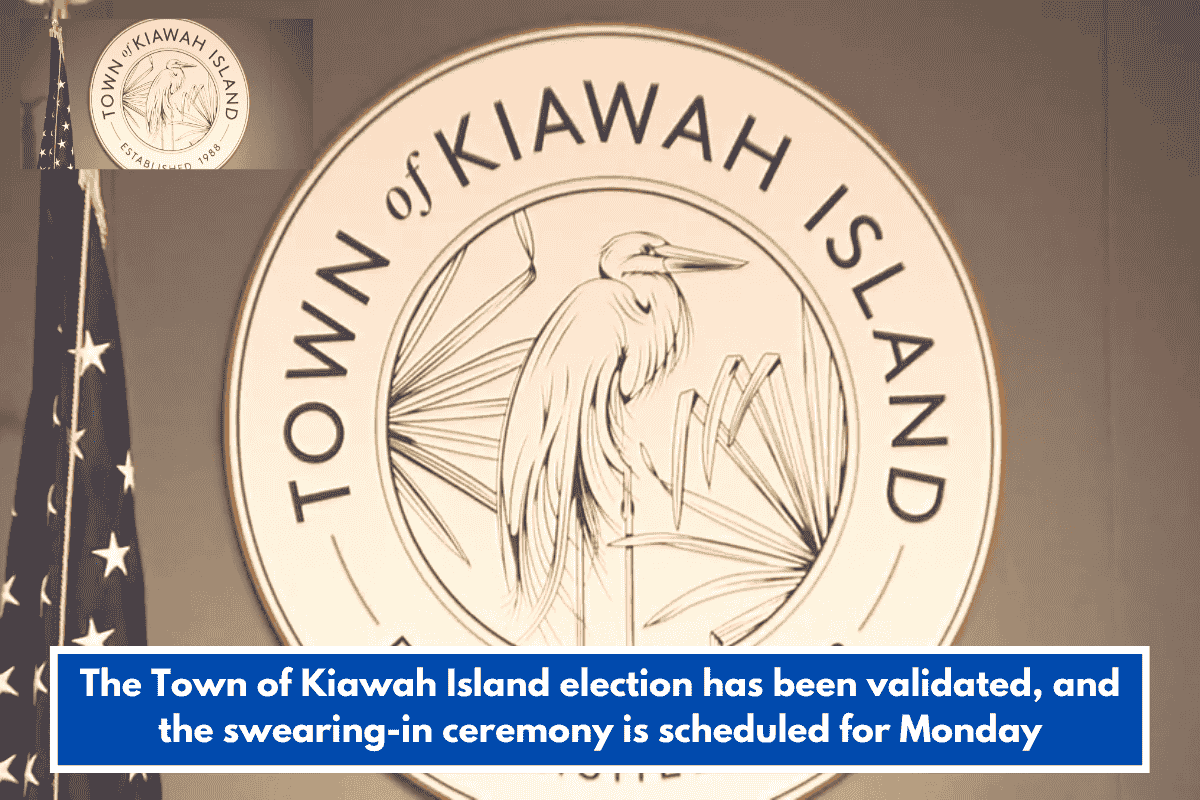Dash cameras, or “dash cams,” are becoming increasingly popular for drivers who want to capture road events, accidents, or even just their daily driving experiences. In Connecticut, like in many other states, dash cams are widely used, but it’s essential to understand the regulations and laws surrounding them to ensure you’re using them legally and responsibly.
Here’s an overview of Connecticut’s dash cam regulations, covering aspects like privacy, video recording, and where and how you can use them.
Are Dash Cams Legal in Connecticut?
Yes, dash cams are legal in Connecticut. Drivers are allowed to install and use dash cameras in their vehicles, whether for personal use, safety purposes, or to collect evidence in case of accidents. Connecticut law does not prohibit the use of dash cams, so long as they do not interfere with your ability to operate the vehicle or violate any privacy laws.
However, there are a few guidelines and rules to keep in mind when using a dash cam on public roads or private property.
Privacy Considerations
While dash cams are legal in Connecticut, it’s important to consider privacy laws when recording. Connecticut, like many other states, has wiretap laws that prohibit recording conversations without consent. This means that if your dash cam is recording audio and captures private conversations—such as people talking inside your car or on the sidewalk—you could potentially run into legal trouble.
To avoid issues, it’s recommended to disable the audio recording feature on your dash cam, especially if you don’t want to capture conversations without consent. While video recording is generally allowed in public spaces, audio recording may violate state laws, especially if you’re recording in a private setting or capturing individuals’ conversations in public without their knowledge.
Dashboard Placement and Obstruction
Connecticut law mandates that a vehicle’s windshield must be free from obstructions that can impair the driver’s view. This means your dash cam must not obstruct your view of the road or interfere with safety equipment like airbags. If the camera is mounted on the windshield, it should be placed in a way that does not block your field of vision, typically in the upper corners of the windshield.
Dash cams that obstruct your view of the road could result in a traffic citation or be deemed a violation of Connecticut’s laws on windshield visibility.
Using Dash Cam Footage in Legal Matters
Dash cams can be a valuable source of evidence in case of accidents, traffic disputes, or legal matters. In Connecticut, dash cam footage can be used as evidence in court, provided the footage is legally obtained and doesn’t violate any privacy rights. For example, if you are involved in an accident and the other driver disputes your version of events, your dash cam footage can help establish what happened.
Keep in mind that while dash cams can provide crucial evidence, it’s important to store and preserve footage properly. Make sure the footage is time-stamped and the data is safely stored in case it’s needed for insurance purposes or legal disputes.
Dash Cam and Police Interactions
While it’s generally legal to record traffic stops or police encounters in Connecticut, there are a few things to consider. The First Amendment generally allows individuals to record police officers in public, but it’s important to comply with police orders and avoid obstructing the officers’ work. If a police officer requests that you stop recording or asks for access to your footage, it’s important to respect their instructions but also understand your rights.
Theft or Damage to Dash Cam Equipment
While dash cams are legal to use, it’s important to protect your equipment. If your dash cam is stolen from your vehicle, the incident should be reported to law enforcement as part of the theft. Connecticut law does not address the issue of stolen dash cams specifically, but any theft of property, including your dash cam, should be treated like any other theft and investigated accordingly.
Dash cams are a useful tool for Connecticut drivers, but it’s essential to use them responsibly and in accordance with the law. Make sure your dash cam doesn’t obstruct your view, disable audio recording if you’re concerned about privacy violations, and follow local laws regarding the use of video footage. With the right precautions, dash cams can be a valuable asset for both safety and legal purposes.
SOURCES
[1] https://welcomelawfirm.com/faqs/do-i-need-a-dash-cam-in-my-vehicle-in-connecticut/
[2] https://www.ddpai.com/blog/dash-cam-laws/
[3] https://www.cga.ct.gov/2025/TOB/S/PDF/2025SB-00973-R02-SB.PDF
[4] https://www.expertmarket.com/dash-cams/dash-cam-laws-by-state
[5] https://thevlfirm.com/should-you-install-a-dash-cam-in-connecticut/














